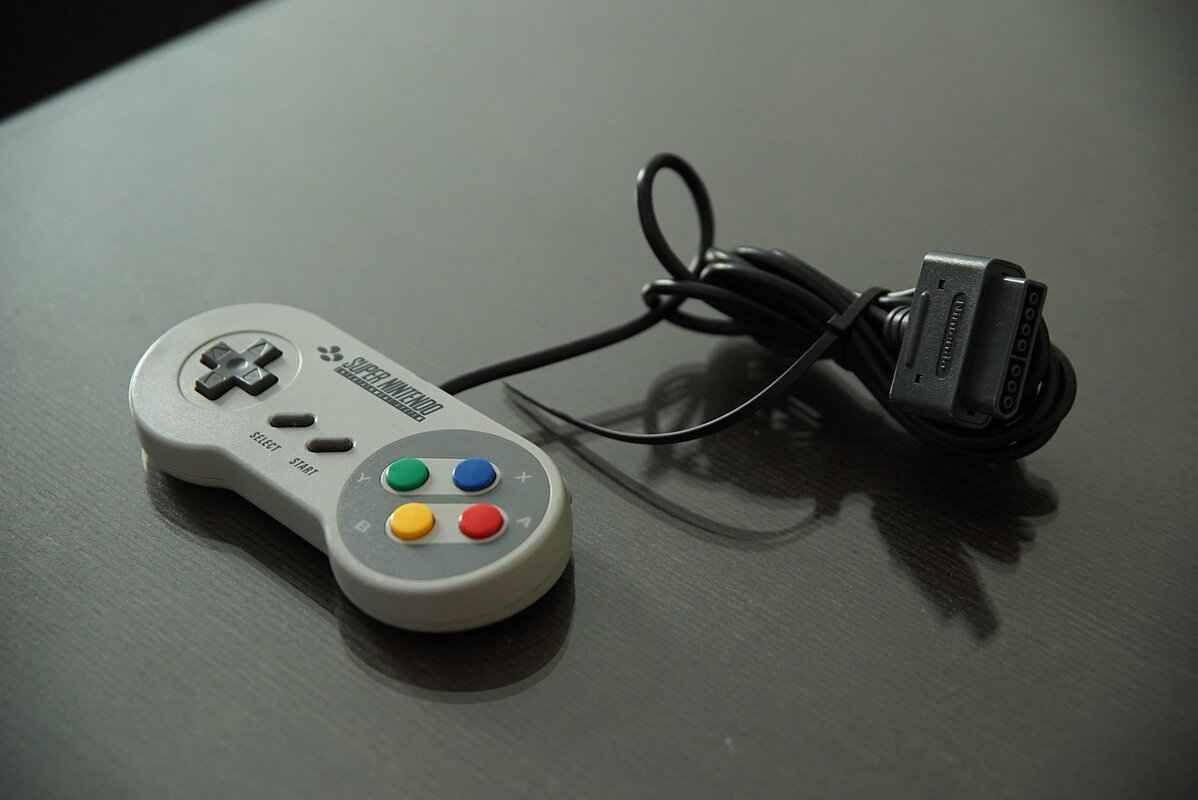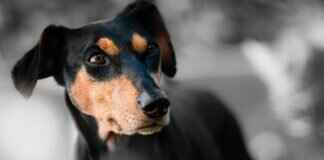Mareep is a fascinating Electric-type Pokémon that captivates trainers with its adorable woolly appearance and unique abilities. This article delves into Mareep’s evolution, abilities, moves, and effective training strategies for competitive Pokémon battles, offering valuable insights for both novice and seasoned trainers.
Mareep: An Overview
Mareep is known for its distinctive characteristics, including its Electric typing and fluffy fleece, which give it a unique charm in the Pokémon universe. Understanding Mareep’s strengths and weaknesses is essential for trainers aiming to harness its full potential in battles.
Evolution of Mareep
Mareep evolves into Flaaffy at level 15 and further transforms into Ampharos at level 30. Each evolution not only enhances Mareep’s base stats but also unlocks a new array of moves. Knowing the optimal times to evolve Mareep is crucial for maximizing its effectiveness in combat.
- How to Evolve Mareep: To evolve Mareep into Flaaffy, ensure it reaches level 15.
- Flaaffy to Ampharos: Flaaffy evolves into Ampharos at level 30, significantly boosting its battle capabilities.
- Benefits of Evolution: Evolution increases Mareep’s stats and unlocks powerful Electric-type moves.
Best Moves for Mareep
Mareep has access to an impressive variety of moves, making it essential to choose the right moveset for competitive play. Moves such as Thunderbolt and Volt Switch can provide versatility and strategic options in battles.
Mareep’s Abilities and Their Impact on Gameplay
Mareep possesses abilities like Static and Plus, which can significantly influence battle dynamics. Understanding these abilities allows trainers to exploit Mareep’s strengths effectively.
- Static Ability: This ability can paralyze opponents upon contact, providing Mareep with a tactical edge.
- Plus Ability: In double battles, this ability boosts Mareep’s Special Attack when paired with Pokémon possessing the Minus ability.
Training Mareep for Competitive Play
To train Mareep effectively, focus on maximizing its strengths while addressing its weaknesses. Implementing targeted strategies can prepare Mareep for success in competitive environments.
- Optimal EV Training: Concentrate on boosting Mareep’s Special Attack and Speed through Effort Value (EV) training.
- Recommended Movesets: Select moves that complement Mareep’s role on the team, enhancing its versatility in battles.
Conclusion: Mastering Mareep in Competitive Play
With its unique abilities, evolution path, and strategic moves, Mareep can be a valuable asset in competitive Pokémon battles. Trainers who understand its strengths can maximize its potential, making it a formidable contender in any matchup.
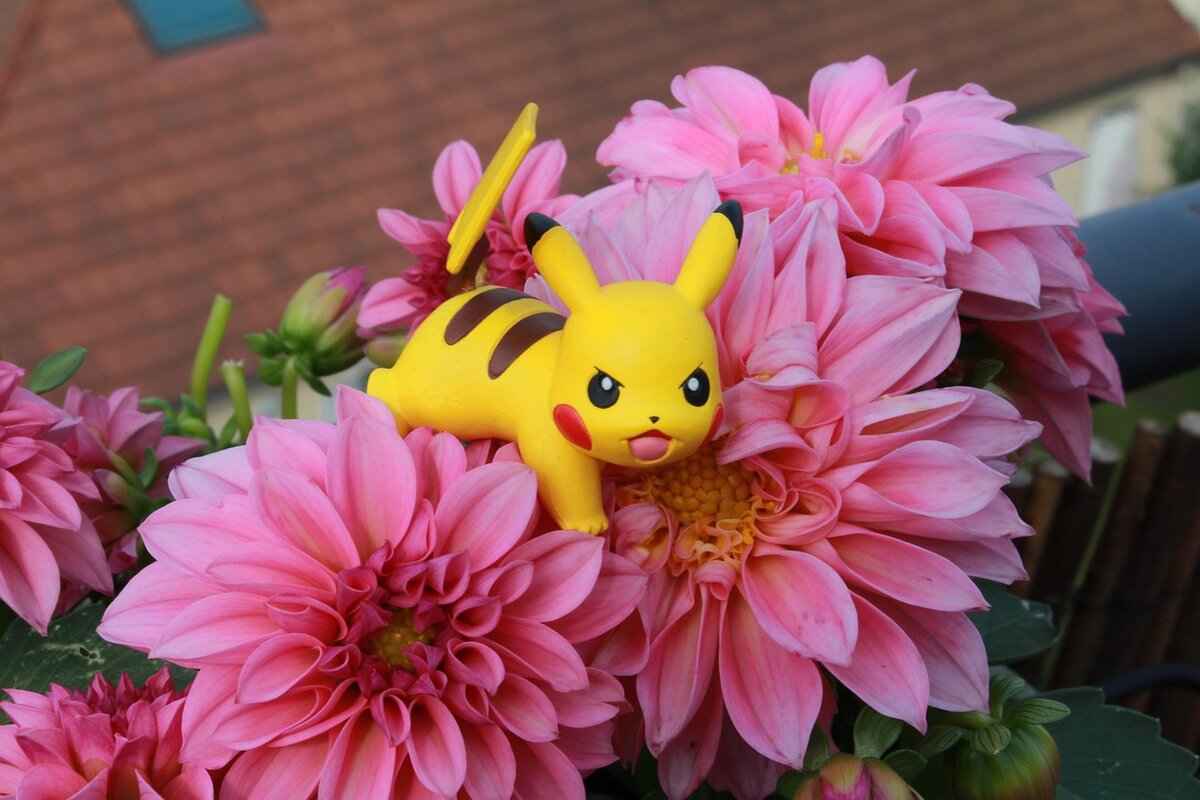
Mareep: An Overview
Mareep is an Electric-type Pokémon that captivates trainers with its woolly appearance and unique abilities. This adorable creature stands out not only for its looks but also for its potential in battles. Understanding Mareep’s characteristics is essential for trainers aiming to maximize its effectiveness during competitions.
As a stage one Pokémon, Mareep serves as the first step in a powerful evolutionary line that progresses to Flaaffy and ultimately to Ampharos. Each evolution enhances Mareep’s base stats, unlocking new moves and strategies that can significantly impact battle outcomes. Trainers should be aware of the optimal levels for evolution to ensure they harness Mareep’s full potential.
Mareep’s abilities, particularly Static and Plus, play a crucial role in shaping its performance in battles. The Static ability can paralyze opponents upon contact, providing a strategic advantage by disrupting the opponent’s flow and creating opportunities for powerful counterattacks. In team battles, the Plus ability synergizes with Pokémon possessing the Minus ability, boosting Mareep’s Special Attack and enhancing team dynamics.
For trainers looking to elevate Mareep in competitive play, effective training strategies are vital. This includes focusing on Effort Value (EV) training, which optimizes Mareep’s Special Attack and Speed stats, allowing it to strike quickly and powerfully. Selecting the right moves, such as Thunderbolt and Volt Switch, is equally important, as these moves provide versatility and adaptability in various battle scenarios.
In conclusion, Mareep’s distinct abilities, evolution path, and strategic moves make it a valuable asset in competitive Pokémon battles. By understanding its strengths and training it effectively, trainers can unlock Mareep’s true potential and enjoy a rewarding experience in the Pokémon universe.
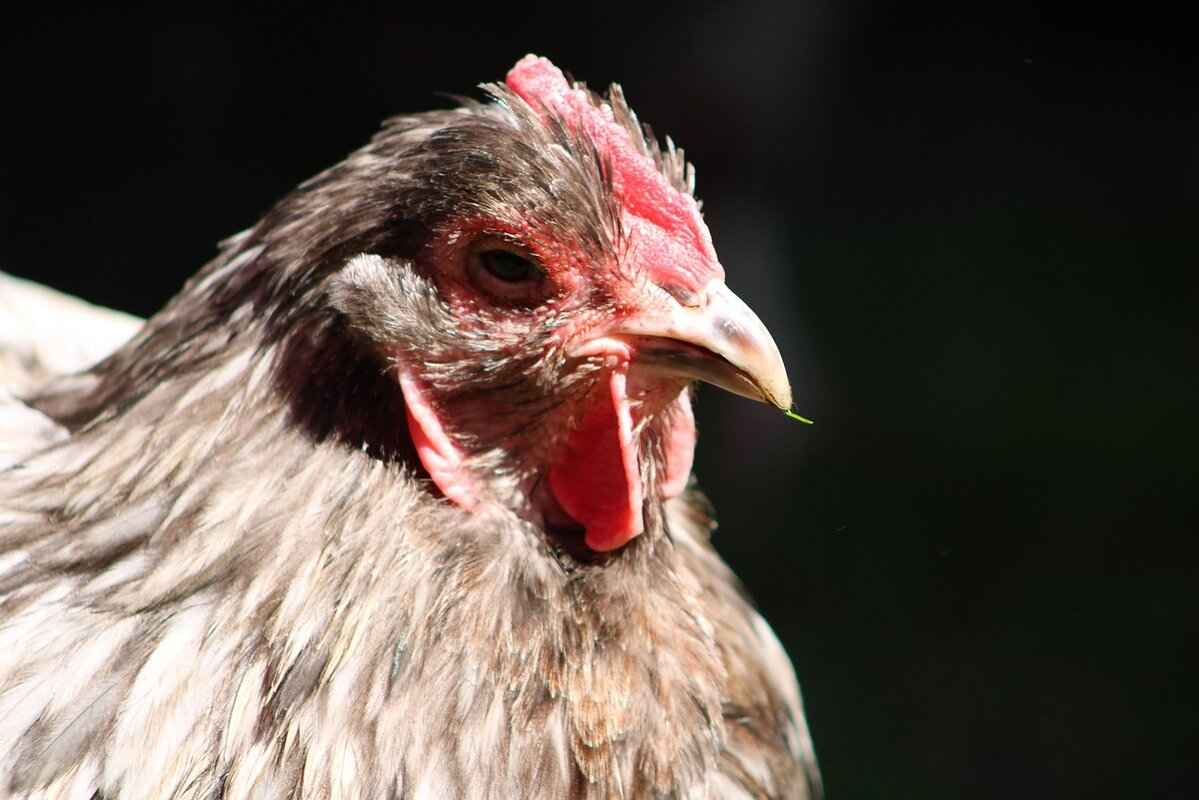
Evolution of Mareep
Mareep is a beloved Electric-type Pokémon that captivates trainers with its adorable woolly appearance and unique abilities. Understanding its evolution is essential for trainers aiming to maximize its potential in competitive battles. This section delves into the evolution of Mareep, highlighting the significance of each stage and the strategic advantages they offer.
Mareep evolves into Flaaffy at level 15, marking the first significant transformation in its journey. This evolution not only enhances Mareep’s base stats but also unlocks a new set of moves that can be pivotal in battles. Trainers should consider evolving Mareep into Flaaffy once it reaches level 15 to take advantage of these improvements. The decision to evolve should be informed by the current moveset and the trainer’s battle strategy.
As Flaaffy, Mareep gains increased Special Attack and Speed, making it a more formidable opponent. Flaaffy can learn powerful moves like Thunder Wave and Charge Beam, which can disrupt opponents and deal significant damage. However, trainers must also weigh the benefits of keeping Mareep unevolved for specific moves it can learn at lower levels.
The final evolution occurs when Flaaffy reaches level 30, transforming into Ampharos. This evolution significantly boosts its combat capabilities, introducing powerful moves such as Thunderbolt and Dragon Pulse. Ampharos becomes a key player in any Electric-type lineup, capable of dealing heavy damage and supporting the team with its abilities.
Understanding the optimal timing for evolution is crucial. Trainers should evaluate their Mareep’s current performance and the moves it has learned before deciding to evolve. Each evolution stage brings unique benefits, and knowing when to evolve can be the difference between victory and defeat in competitive play.
In conclusion, the evolution of Mareep into Flaaffy and subsequently into Ampharos is a vital aspect of its development. By strategically planning when to evolve, trainers can enhance Mareep’s effectiveness in battles, making it a valuable asset in their Pokémon roster.
How to Evolve Mareep
To evolve Mareep into Flaaffy, it is essential for trainers to ensure that Mareep reaches level 15. This evolution is a significant milestone in Mareep’s development, as it enhances its stats and unlocks new moves that will be crucial in battles. Understanding the evolution process is vital for trainers who want to optimize their training strategies and prepare their Pokémon for competitive play.
In addition to reaching the required level, trainers should also consider the timing of the evolution. Evolving Mareep too early may result in missing out on valuable moves that Mareep can learn at lower levels. Therefore, it is advisable to evolve Mareep once it has acquired a solid moveset that complements its strengths. This ensures that Flaaffy will be well-equipped for upcoming challenges.
- Level Up Strategy: Focus on battling against Pokémon that provide good experience points to level up Mareep efficiently.
- Move Selection: Prioritize moves that increase Mareep’s Special Attack to make the most of its Electric-type abilities.
- Item Usage: Consider using experience-boosting items like Lucky Eggs to expedite the leveling process.
Once Mareep evolves into Flaaffy, trainers will notice a substantial increase in its combat capabilities. Flaaffy not only boasts better stats but also gains access to a wider range of moves, allowing for more versatile battle strategies. Furthermore, trainers should keep an eye on Flaaffy’s evolution into Ampharos, which occurs at level 30, as this final evolution significantly enhances its power and effectiveness in competitive settings.
In conclusion, understanding how to evolve Mareep effectively is crucial for trainers aiming to maximize its potential. By focusing on the right level, timing, and training strategies, trainers can ensure a smooth transition from Mareep to Flaaffy, setting the stage for future successes in Pokémon battles.
Flaaffy to Ampharos: The Final Evolution
Flaaffy evolves into Ampharos at level 30, marking a significant milestone in its evolutionary journey. This evolution is not just a simple transformation; it represents a substantial increase in combat capabilities, making Ampharos a formidable contender in battles.
Upon evolving into Ampharos, trainers will notice a remarkable enhancement in its base stats. Ampharos boasts impressive Special Attack and Speed, allowing it to outpace many opponents and deal significant damage with its Electric-type moves. This makes it a valuable asset in any trainer’s roster, especially in competitive play.
Moreover, Ampharos gains access to powerful moves such as Thunderbolt and Volt Switch, which can turn the tide of battle. These moves not only capitalize on its high Special Attack but also provide versatility in strategy, allowing trainers to adapt to various battle scenarios.
Another crucial aspect of Ampharos is its ability. With access to abilities like Static, it can paralyze opponents upon contact, adding a layer of strategy to its gameplay. This ability can disrupt the opponent’s strategy, creating opportunities for Ampharos to unleash its powerful attacks.
In summary, the evolution from Flaaffy to Ampharos at level 30 is a pivotal moment for trainers. It transforms Mareep’s lineage into a strong and versatile Pokémon capable of holding its own in competitive battles. Understanding this evolution and its implications can greatly enhance a trainer’s approach to utilizing Ampharos effectively.
Benefits of Evolution
Evolving Mareep is a pivotal step for trainers aiming to enhance its performance in battles. When Mareep evolves into Flaaffy and subsequently into Ampharos, it not only experiences a significant boost in its base stats but also gains access to a wider array of powerful Electric-type moves. These moves are essential for increasing its effectiveness in various competitive scenarios.
One of the most notable advantages of evolving Mareep is the increase in Special Attack and Speed. As Mareep evolves, its Special Attack stat rises, enabling it to deal more damage with Electric-type moves such as Thunderbolt and Volt Switch. This increase in offensive capabilities allows trainers to implement more aggressive strategies, putting pressure on opponents right from the start of the battle.
Moreover, the evolution process unlocks moves that can turn the tide of battle. For instance, Ampharos can learn Thunder Wave, which can paralyze foes, providing Mareep with an edge in speed and control. This strategic advantage can disrupt an opponent’s plans and create openings for powerful attacks.
Additionally, evolving Mareep enhances its survivability in competitive play. With higher base stats, Ampharos can withstand more hits, allowing it to remain on the battlefield longer and contribute to team dynamics. This durability is crucial in longer battles, where every turn counts.
In conclusion, the evolution of Mareep into Flaaffy and then Ampharos is not just about numbers; it’s about unlocking a plethora of new strategies and moves that can significantly enhance its role in competitive play. Trainers who recognize and capitalize on these benefits can effectively leverage Mareep’s evolution to achieve success in Pokémon battles.
Best Moves for Mareep
Mareep is a fascinating Electric-type Pokémon that possesses a diverse array of moves, making it a valuable contender in competitive battles. Selecting the right moveset is crucial for maximizing its potential and ensuring effectiveness against various opponents.
When considering the best moves for Mareep, trainers should focus on its strengths and the roles it can play within a team. Here are some of the most recommended moves:
- Thunderbolt: A staple Electric-type move, Thunderbolt offers high base power and a chance to paralyze the target. Its reliability makes it a must-have in any Mareep’s moveset.
- Volt Switch: This move allows Mareep to deal damage while also switching out, enabling trainers to maintain momentum and bring in a more advantageous Pokémon.
- Signal Beam: This Bug-type move provides coverage against Psychic and Dark-type Pokémon, diversifying Mareep’s attacking options and catching opponents off-guard.
- Thunder Wave: A strategic move that can paralyze opponents, Thunder Wave can significantly hinder an enemy’s speed, allowing Mareep and its teammates to outspeed and strike first.
- Charge Beam: This move not only deals damage but also has a chance to increase Mareep’s Special Attack, making it a dual-purpose option for boosting its offensive capabilities.
In competitive play, trainers should consider the synergy between Mareep’s moves and its team composition. For example, pairing Mareep with Pokémon that can benefit from its ability to paralyze opponents can create powerful combos. Additionally, understanding type matchups and predicting opponents’ moves can enhance Mareep’s effectiveness on the battlefield.
In conclusion, the right moveset for Mareep can make all the difference in competitive battles. By focusing on a balance of powerful attacks and strategic options, trainers can elevate Mareep’s performance and make it a formidable opponent.

Mareep’s Abilities and How They Impact Gameplay
Mareep, the fluffy Electric-type Pokémon, is not just adorable but also possesses unique abilities that can significantly influence the dynamics of battles. Understanding these abilities is crucial for trainers aiming to leverage Mareep’s strengths effectively during competitions.
Static Ability: A Game-Changer
The Static ability is one of Mareep’s standout traits. When an opponent makes contact with Mareep, there is a chance they will become paralyzed. This paralysis can drastically alter the course of a battle by limiting the opponent’s speed and ability to attack. Trainers can use this to create openings for powerful moves, allowing Mareep to either strike hard or set up for a teammate’s attack.
Plus Ability: Team Synergy
Another ability, Plus, activates when Mareep is on the field alongside a Pokémon with the Minus ability. This synergy boosts Mareep’s Special Attack, making it a formidable force in double battles. Trainers should consider pairing Mareep with Pokémon like Ampharos or Plusle to maximize damage potential, especially when executing strategies that rely on high Special Attack output.
Strategic Considerations
- Trainers should assess the opponent’s team composition to decide when to deploy Mareep based on its abilities.
- Utilizing Mareep’s Static ability can create a disruptive environment for the opponent, allowing for tactical advantages.
- In double battles, consider team dynamics to take full advantage of the Plus ability, enhancing overall team performance.
Conclusion
By understanding and effectively utilizing Mareep’s abilities, trainers can enhance their competitive strategies. Whether through the disruptive power of Static or the team-boosting effects of Plus, Mareep can play a pivotal role in achieving victory in Pokémon battles.
Static Ability Explained
The Static ability is one of the most significant traits of Mareep, providing it with a unique edge in battles. When an opposing Pokémon makes contact with Mareep, there is a chance that they will become paralyzed. This status condition can severely hinder an opponent’s ability to act, as it reduces their speed and introduces a possibility of being unable to move during their turn.
This paralysis effect can create a strategic advantage for Mareep, allowing trainers to disrupt their opponent’s plans and create opportunities for powerful counterattacks. For instance, if a foe is unable to attack due to paralysis, Mareep can capitalize on this moment to unleash strong Electric-type moves like Thunderbolt or Volt Switch, significantly increasing its chances of securing a knockout.
Moreover, the Static ability works exceptionally well in combination with various moves and team strategies. For example, pairing Mareep with Pokémon that can set up hazards or provide support can maximize the effectiveness of its paralysis. By incapacitating key threats on the opposing team, Mareep can help shift the momentum of the battle in its favor.
In addition to its offensive capabilities, Mareep’s ability to paralyze opponents can also serve as a defensive tactic. If an opponent is relying on a fast attacker, Mareep’s ability can slow them down, giving its teammates more time to react and respond effectively. This versatility makes Mareep a valuable asset in both singles and doubles formats.
In conclusion, understanding and leveraging the Static ability is crucial for trainers looking to enhance Mareep’s performance in competitive play. By effectively utilizing its paralysis potential, trainers can disrupt their opponents and create advantageous situations that lead to victory.
Plus Ability Overview
The Plus ability is one of Mareep’s unique traits that can significantly influence its performance in battles, especially when engaged in double battles. This ability enhances Mareep’s Special Attack when it is on the field alongside a Pokémon with the Minus ability. This synergy not only boosts Mareep’s offensive capabilities but also allows for strategic team compositions that can turn the tide of battle.
In competitive play, understanding how to utilize the Plus ability effectively can provide a substantial advantage. When paired with a Pokémon that has the Minus ability, Mareep’s Special Attack can increase, allowing it to deal more damage with its Electric-type moves. This can be particularly effective against opponents who may not be prepared for the sudden surge in power.
Moreover, the Plus ability encourages trainers to think creatively about their team dynamics. For instance, Pokémon such as Ampharos or Minun can be excellent partners for Mareep due to their complementary abilities. By strategically placing these Pokémon together, trainers can create a powerful offensive front that can overwhelm opponents.
In addition to boosting Special Attack, the synergy created by the Plus and Minus abilities can disrupt the opponent’s strategy. Opponents may find themselves forced to change their tactics when facing a team that utilizes this combination effectively, creating openings for other team members to capitalize on.
Overall, the Plus ability not only enhances Mareep’s performance but also adds a layer of complexity to team-building strategies in competitive Pokémon battles. Trainers who leverage this ability can maximize Mareep’s potential and create a formidable presence on the battlefield.
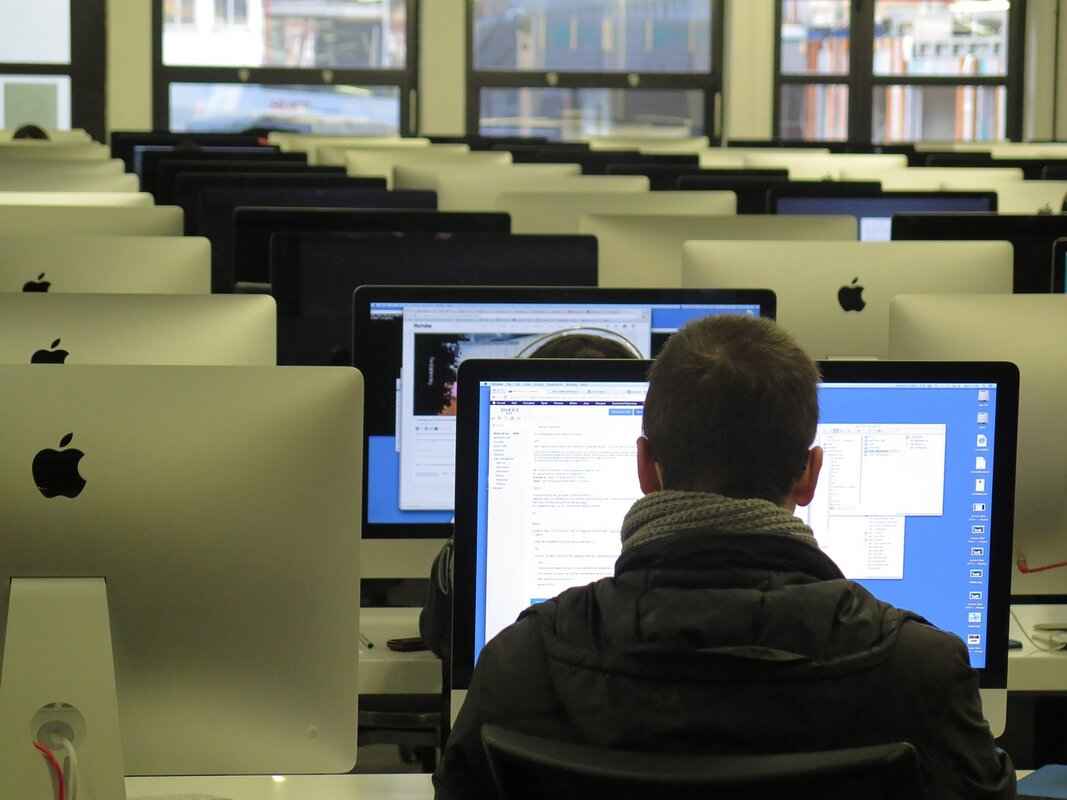
Training Mareep for Competitive Play
requires a comprehensive understanding of its unique attributes and the competitive landscape. By focusing on Mareep’s strengths while addressing its weaknesses, trainers can devise effective strategies to enhance its performance in battles.
Mareep, being an Electric-type Pokémon, has notable advantages such as a strong Special Attack and access to powerful Electric-type moves. However, it also has vulnerabilities, particularly to Ground-type attacks. Recognizing these aspects is crucial for trainers aiming to maximize Mareep’s potential.
| Strengths | Weaknesses |
|---|---|
| High Special Attack | Vulnerable to Ground-type moves |
| Access to strong Electric-type moves | Moderate Speed |
To prepare Mareep for competitive environments, it is essential to implement a well-rounded training strategy. Here are some key approaches:
- Effort Value (EV) Training: Focus on enhancing Mareep’s Special Attack and Speed. This can significantly improve its ability to outspeed opponents and deal substantial damage.
- Moveset Optimization: Choose moves that complement Mareep’s strengths. Moves like Thunderbolt and Volt Switch are excellent choices for maintaining momentum in battles.
- Team Synergy: Pair Mareep with Pokémon that can cover its weaknesses. For instance, having a Ground-type Pokémon on your team can help mitigate Mareep’s vulnerability to Ground-type moves.
Additionally, trainers should consider utilizing Mareep’s abilities strategically. The Static ability can disrupt opponents, while the Plus ability can enhance team dynamics in double battles.
In conclusion, with the right training strategies and a focus on its unique strengths, Mareep can become a formidable contender in competitive play. By understanding its capabilities and weaknesses, trainers can effectively prepare Mareep for success in various battle scenarios.
Optimal EV Training for Mareep
is essential for trainers who want to elevate their gameplay and ensure that their Mareep can compete effectively in battles. To truly unlock Mareep’s potential, focusing on its Special Attack and Speed is of utmost importance.
Mareep, being an Electric-type Pokémon, benefits significantly from enhancing its offensive capabilities. By prioritizing Special Attack, trainers can maximize the damage output of powerful moves like Thunderbolt and Volt Switch. These moves not only deal substantial damage but also allow Mareep to maintain momentum in battles, especially when switching out.
In addition to Special Attack, investing in Speed is crucial. A faster Mareep can outspeed many opponents, allowing it to strike first and potentially knock out threats before they have a chance to retaliate. This speed advantage can be particularly beneficial in competitive scenarios where every turn counts.
| EV Distribution | Recommended Value | Purpose |
|---|---|---|
| Special Attack | 252 | Maximize damage output |
| Speed | 252 | Ensure Mareep outspeeds opponents |
| HP | 4 | Minor bulk for survivability |
To implement this EV training strategy, trainers can battle specific Pokémon that yield the desired EVs. For instance, defeating Electrike provides Speed EVs, while Ampharos offers Special Attack EVs. Utilizing items like Power Items can further enhance the EV gain during battles.
In conclusion, focusing on Special Attack and Speed through effective EV training will significantly improve Mareep’s performance in competitive play. By understanding and applying these principles, trainers can ensure that their Mareep not only survives but thrives in the competitive arena.
Recommended Movesets for Competitive Battles
When it comes to competitive Pokémon battles, selecting the right moves for Mareep is essential to maximize its effectiveness on the team. Mareep, as an Electric-type Pokémon, has access to a diverse range of moves that can be tailored to suit various battle strategies. Understanding its role within the team is crucial for making informed decisions about which moves to choose.
One of the standout moves for Mareep is Thunderbolt. This Electric-type move not only boasts a high base power but also offers a chance to paralyze the opponent, providing a strategic advantage. By incorporating Thunderbolt into Mareep’s moveset, trainers can ensure that they have a reliable source of damage while also applying pressure on opposing Pokémon.
Another important move to consider is Volt Switch. This move allows Mareep to deal damage and then switch out, enabling trainers to maintain momentum in battles. By using Volt Switch, Mareep can hit hard and then bring in another Pokémon to capitalize on any openings created by the opponent’s weakened state. This versatility is vital for adapting to different battle scenarios.
Additionally, trainers might want to include Signal Beam in Mareep’s moveset. This Bug-type move provides coverage against Psychic and Dark-type Pokémon, which can be problematic for Mareep. Having a diverse moveset not only enhances Mareep’s effectiveness but also allows it to surprise opponents who may not expect such versatility.
Finally, Protect is a strategic move that can be included to shield Mareep from incoming attacks. This can be particularly useful in double battles, allowing Mareep to scout the opponent’s moves while preserving its health for future turns.
In summary, a well-rounded moveset for Mareep in competitive play may include Thunderbolt, Volt Switch, Signal Beam, and Protect. By understanding Mareep’s role and leveraging these moves effectively, trainers can enhance their chances of success in competitive battles.
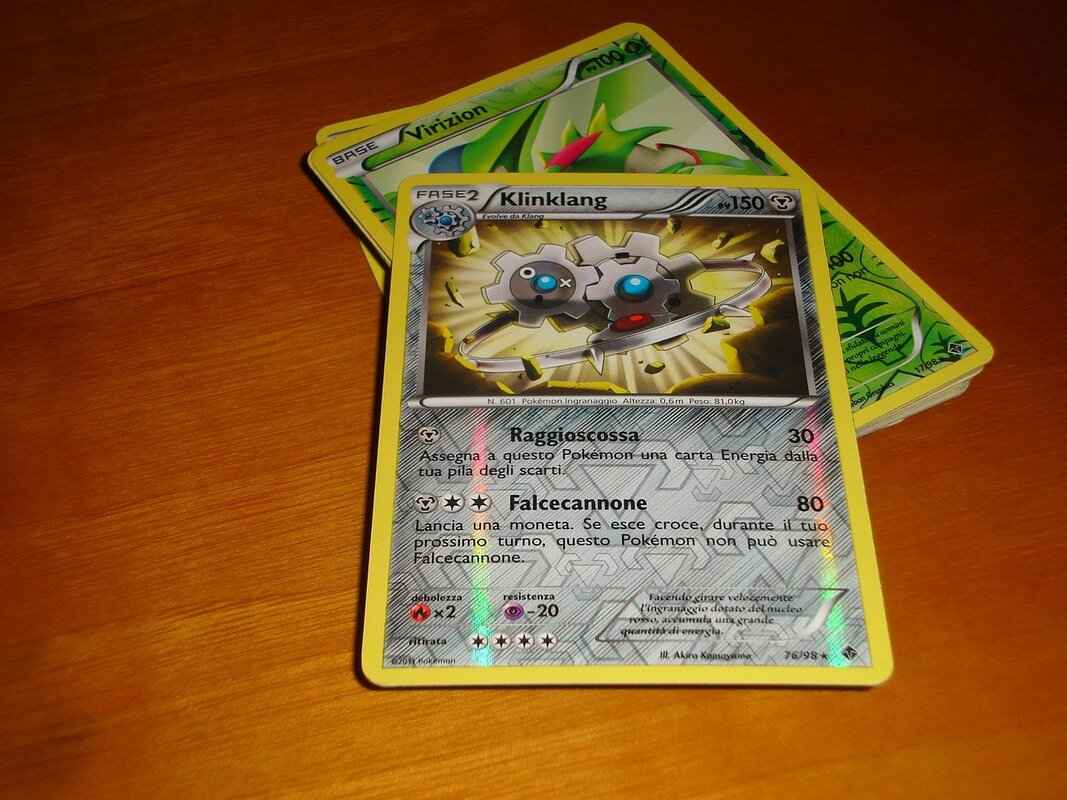
Conclusion: Mastering Mareep in Competitive Play
In the realm of competitive Pokémon battles, Mareep stands out as a noteworthy contender due to its unique blend of abilities, evolutionary potential, and strategic move set. While often overlooked in favor of more powerful Pokémon, Mareep offers trainers a chance to leverage its strengths effectively when trained and utilized correctly.
Mareep evolves into Flaaffy at level 15 and further evolves into Ampharos at level 30. Each evolution not only enhances Mareep’s base stats but also unlocks a wider array of moves that can significantly impact battle outcomes. Understanding the timing of these evolutions is crucial for trainers aiming to maximize Mareep’s potential on the battlefield.
One of Mareep’s standout features is its abilities. The Static ability can paralyze opponents upon contact, creating a tactical advantage by hindering enemy movements. This can disrupt strategies and open opportunities for counterattacks. Additionally, the Plus ability synergizes well with Pokémon possessing the Minus ability, boosting Mareep’s Special Attack in double battles. This makes Mareep a valuable asset in team compositions where synergy is key.
When training Mareep for competitive play, it is essential to focus on its strengths. Prioritizing Effort Value (EV) training in Special Attack and Speed can significantly enhance its offensive capabilities. Selecting the right moves, such as Thunderbolt and Volt Switch, can provide versatility and adaptability in various battle scenarios.
In conclusion, Mareep can be a formidable asset in competitive Pokémon battles when trainers understand its unique abilities, evolution path, and optimal training strategies. By focusing on these elements, trainers can unlock Mareep’s full potential, making it a valuable member of any competitive team.


